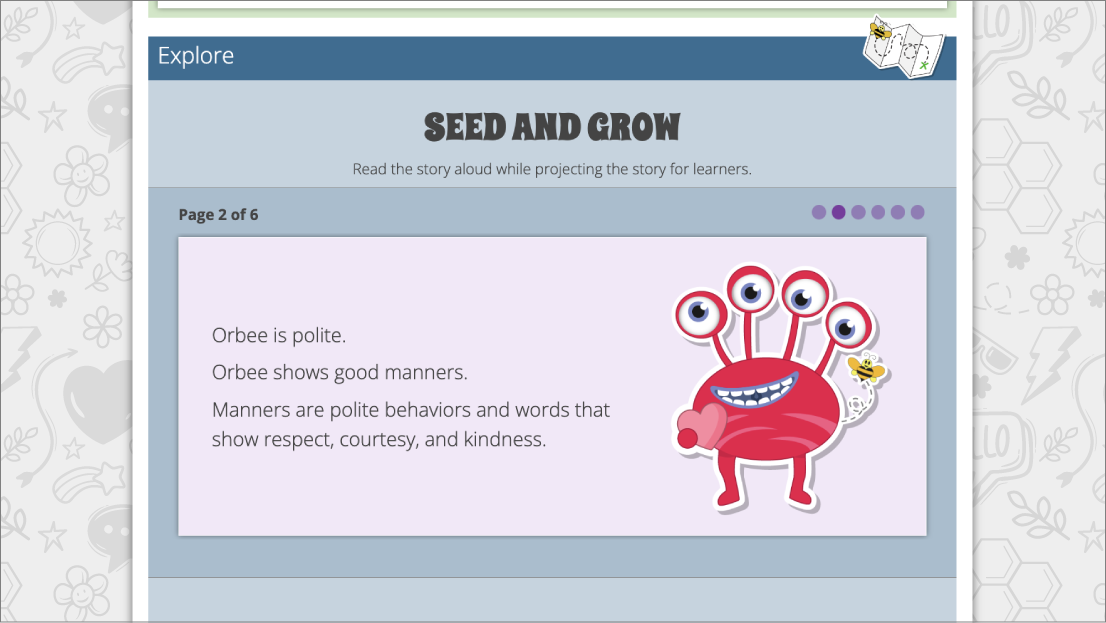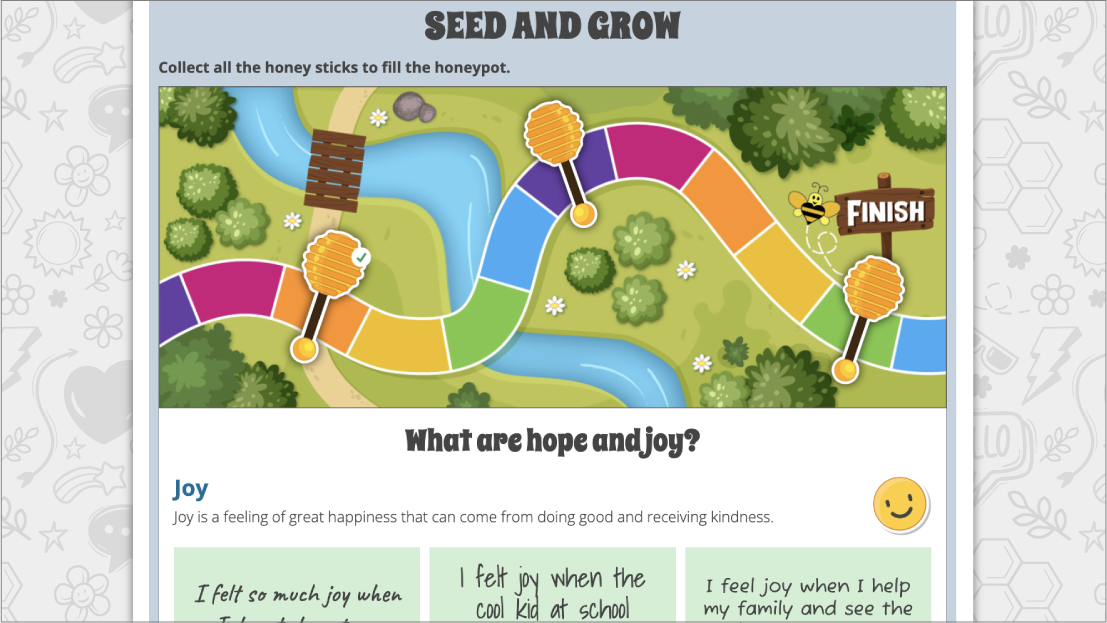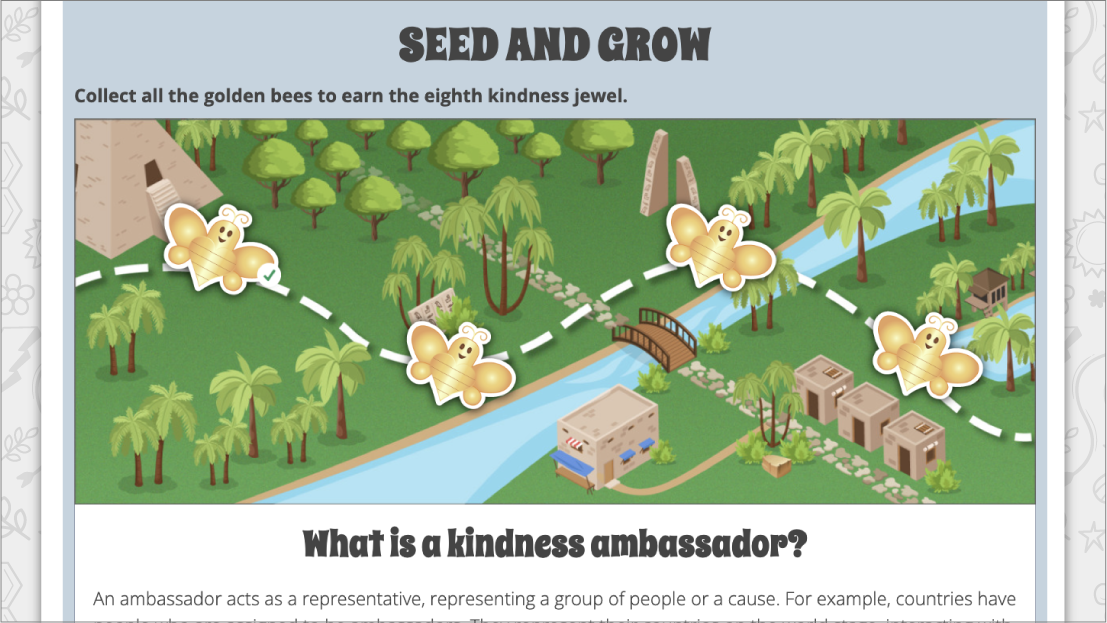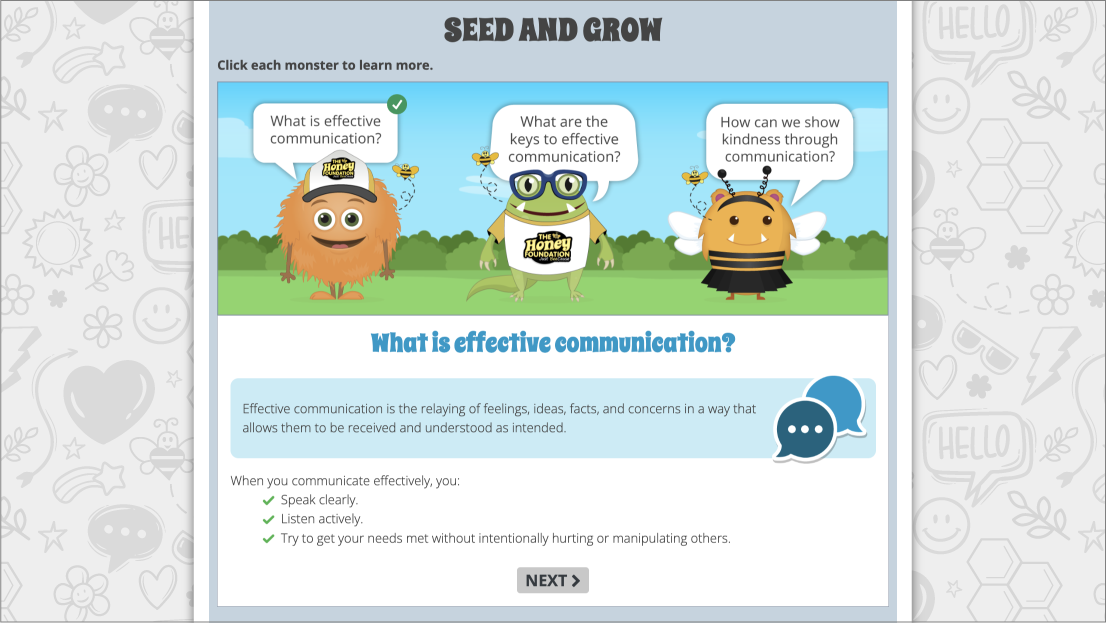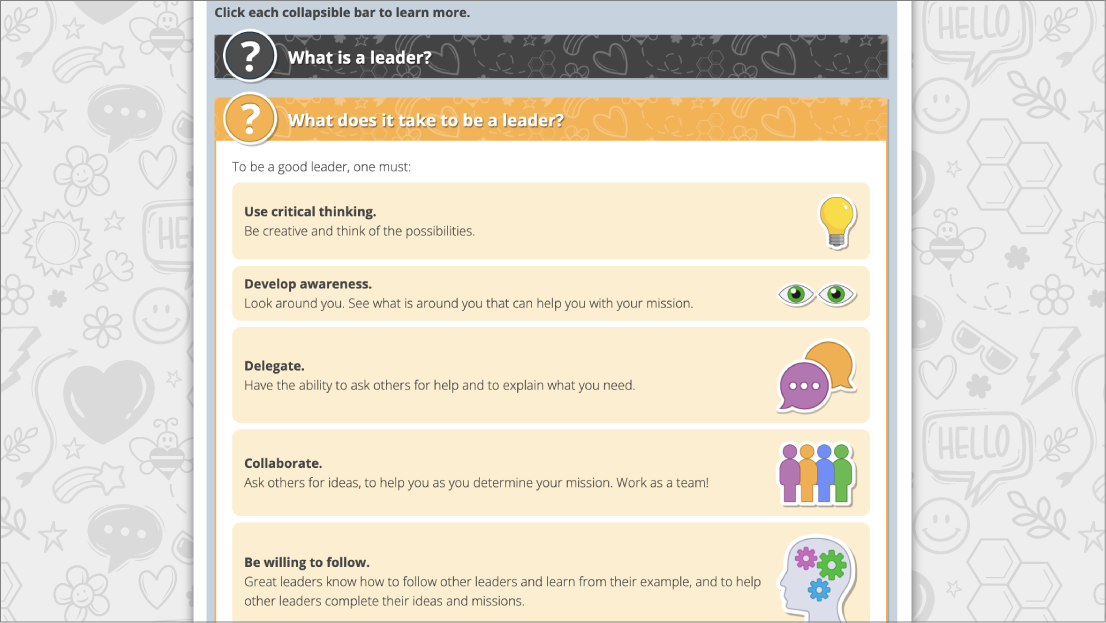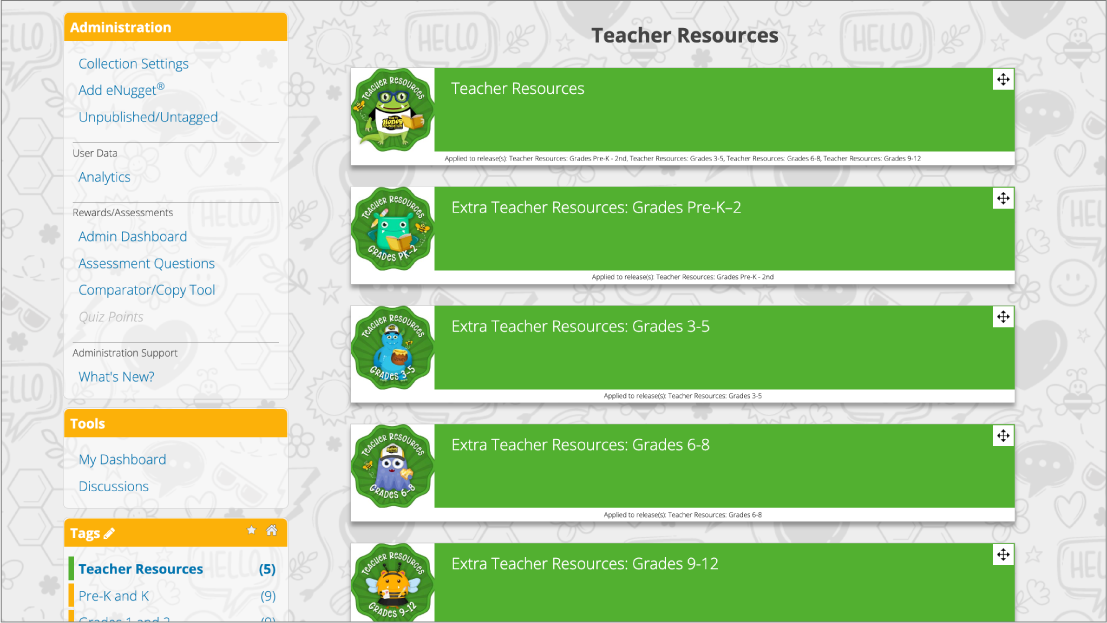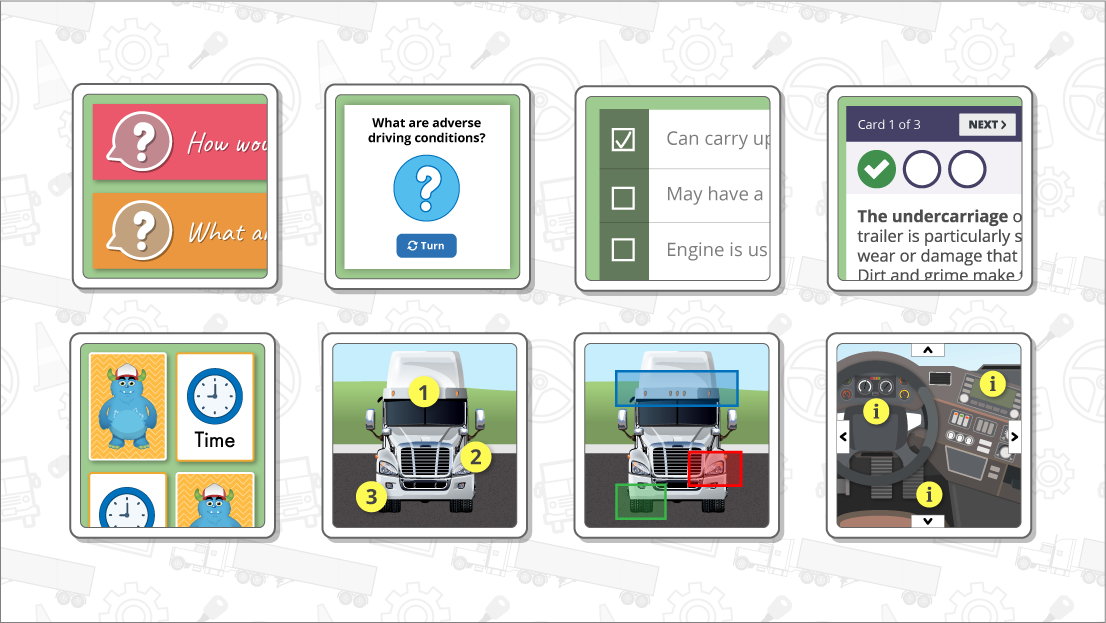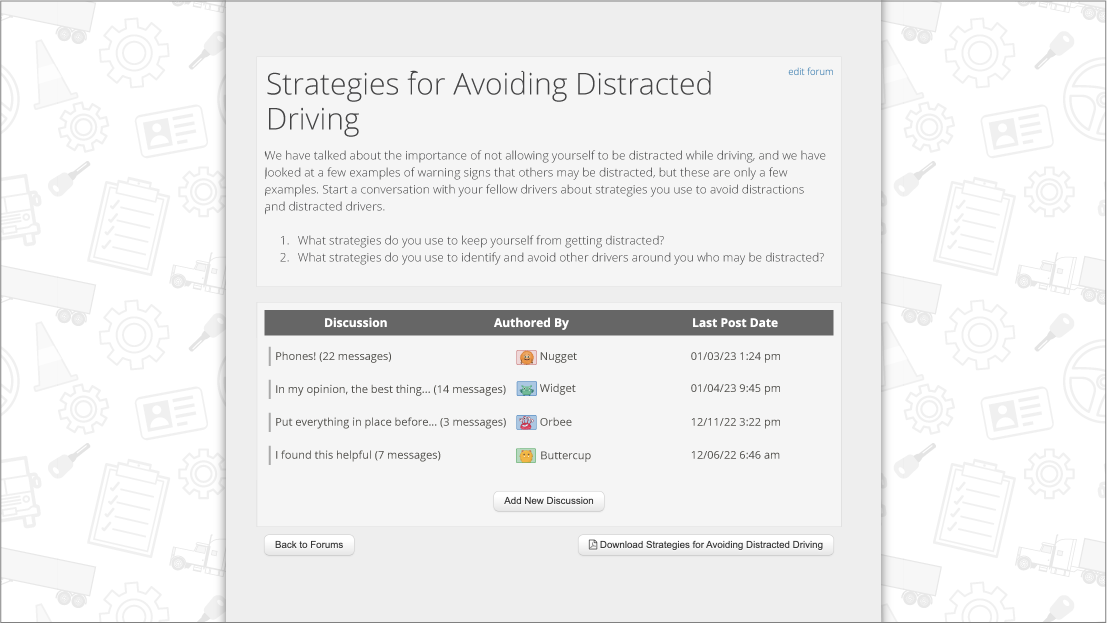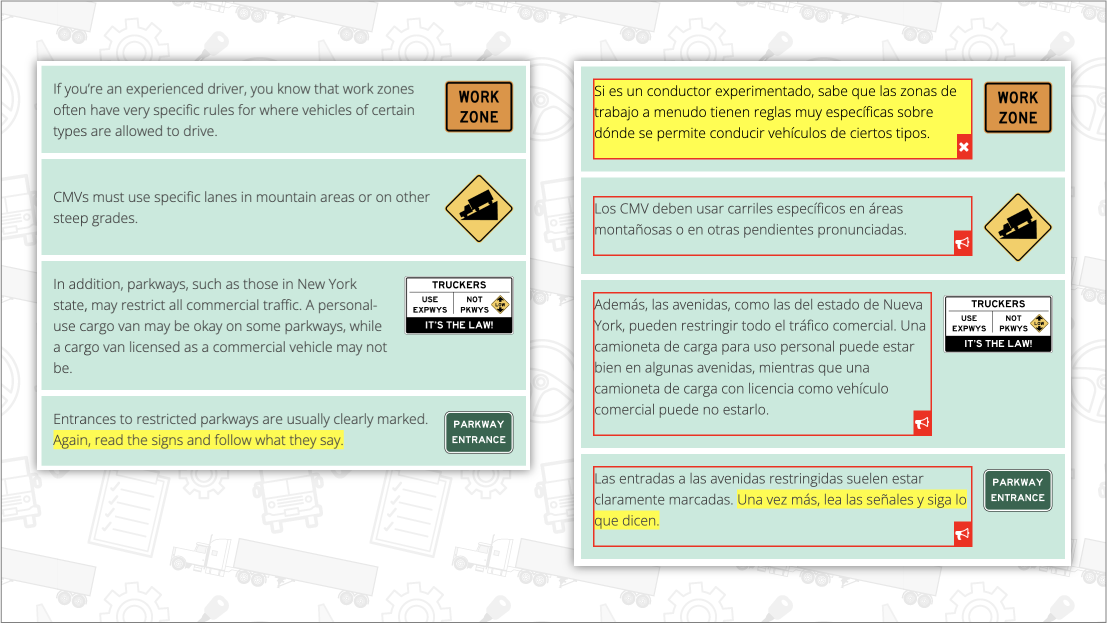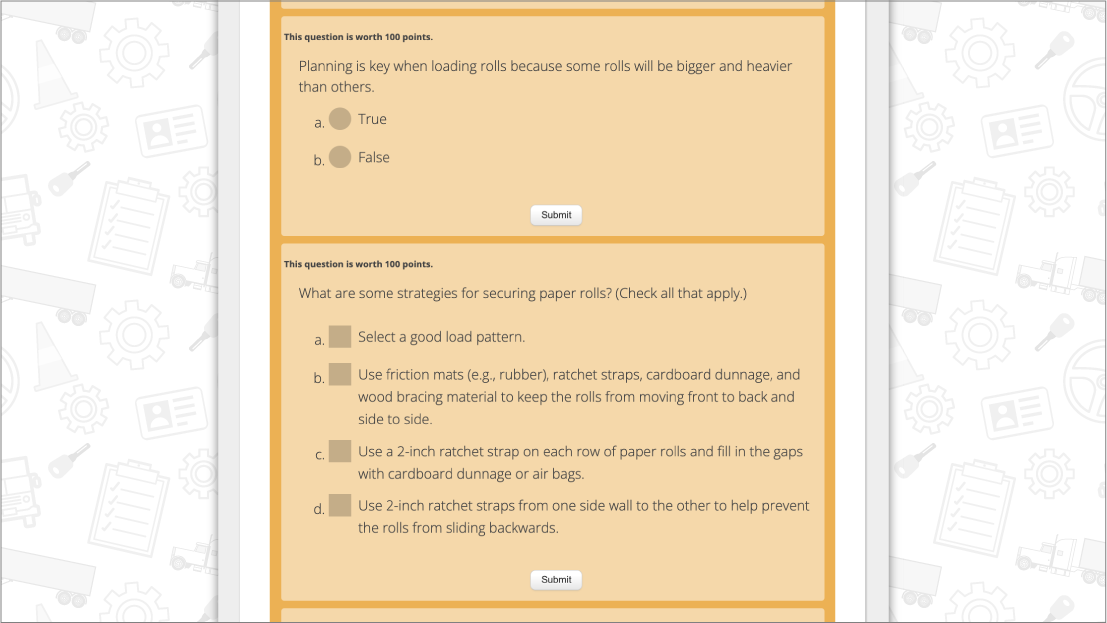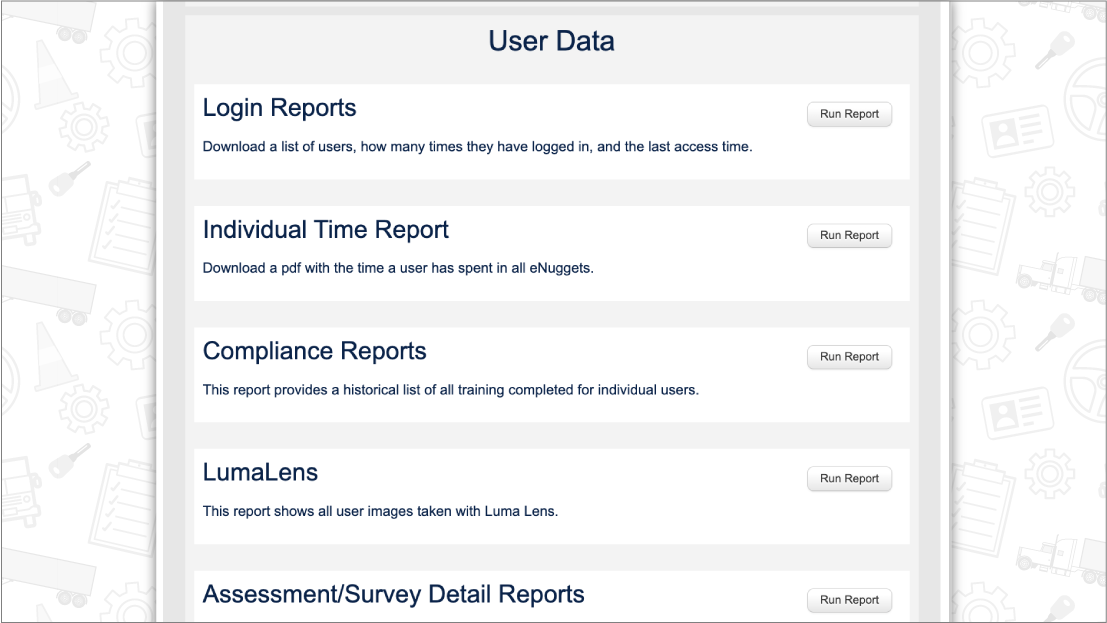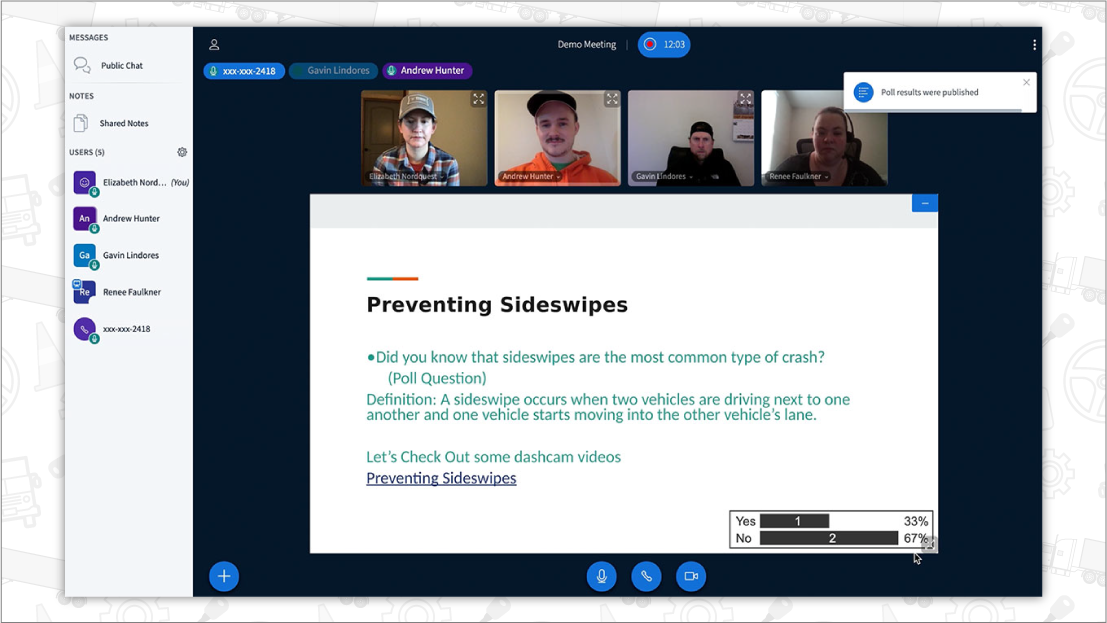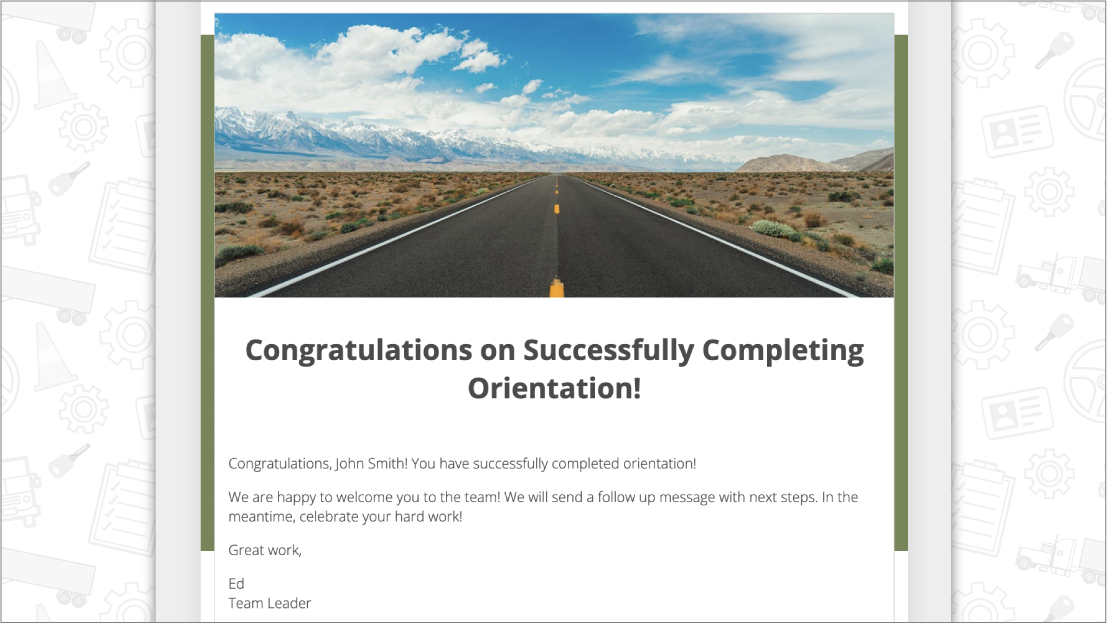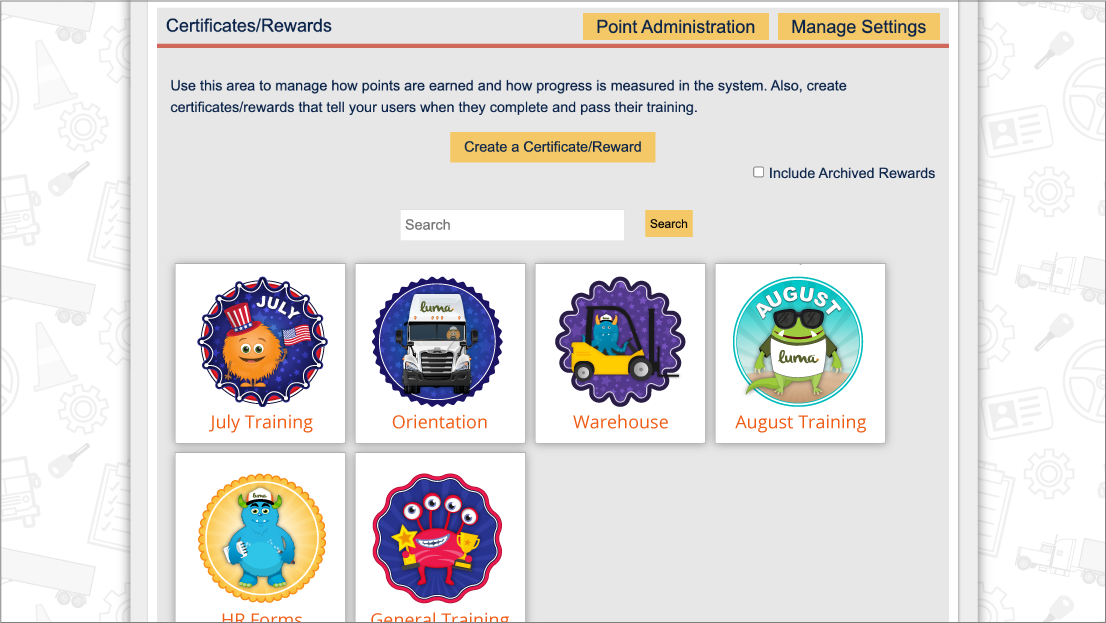![]()
Emotional Intelligence (EQ) Training: How Do We Regulate Our Emotions
As a professional driver, think of all the things that have the potential of adding stress to your work life: weather, traffic, other drivers, time schedules, breakdowns, and the DOT…the list goes on and on. Personal issues can also intrude. No matter what’s going on inside or around you, knowing how to manage yourself and your emotions is a skill that will serve you well. Drivers asked Luma® for information on this important topic! So, here you go! Consider these tips on getting in touch with your emotional intelligence and regulating your emotions in the workplace.
 Emotions DO impact our ability to make good decisions. Think about situations you have been in. How have you responded when you have been scared, angry, or happy?
Emotions DO impact our ability to make good decisions. Think about situations you have been in. How have you responded when you have been scared, angry, or happy?
Fear can make you hesitant to move forward…
Anger can propel you forward without sufficient thought…
Positive emotion can lead you to make impulsive decisions when your gut says, let’s move ahead.
In the end, though, the best decisions are made after rational consideration supported by your emotional state. The best rational decision is not “right” until or unless you feel good about it. Sometimes, your emotions are giving you signals that your rational mind hasn’t yet heard.
So, how does a high Emotional Intelligence (EQ) help with decision making?
People with a high EQ are not impulsive. They take time to think through their decisions. They can also self-regulate. This means they can feel and understand their emotions without acting on them. The worst time to make an important decision is when you’re stressed, angry or upset because it’s then that you’re most likely to let your emotions override your thought process. Most of us have done that at one time or another.
So, how do we regulate our emotions?
Dr. Mariana Pogosyan (2017), an expert in the psychology of cross-culture transitions, discussed three approaches in her Psychology Today article: Reappraisal, suppression and acceptance. These three approaches are ways to help you regulate your emotions.

Reappraisal is changing your thoughts and the way you think about things. We talked about this in the eNugget® we released this month in DRIVE FIT. The advantage of changing how you think is that it literally transforms your perspective and associated emotions.This type of thinking leaves a good chance of lasting into the future,which can reduce depression and increase feelings of well being.

Suppression means you still feel the emotions, but you’re keeping them at bay. Although not as effective long-term as reappraisal, suppression can be helpful in keeping you from acting in a way you might later regret. Let’s say, you get angry with your boss but grit your teeth until you’re in a private place. Chance are good that suppressing how you feel is more beneficial than getting in your boss’s face. The problem with suppression is that the emotions are still there; you just covered them up, which can cause a buildup of emotions as well as health problems. Suppression makes most sense as a short-term strategy followed by reappraisal, which has more long-term benefit. An interesting note, according to the Dr. Pogosyan (2017), if you believe you can manage your emotions, you are more likely to use reappraisal to change them. If you don’t believe emotions can be managed, you are more likely to suppress them. You have the power to change how you feel by changing your thoughts about a given situation.

The best news about EQ is that it is a set of skills that can be learned, and all of us have something more to learn to improve our EQ. Even if you don’t have good EQ skills now, you can develop them by following the suggestions in this months DRIVE FIT eNugget®. And, remember, in a work setting, EQ is more valuable than IQ and can lead to more business and personal success.


